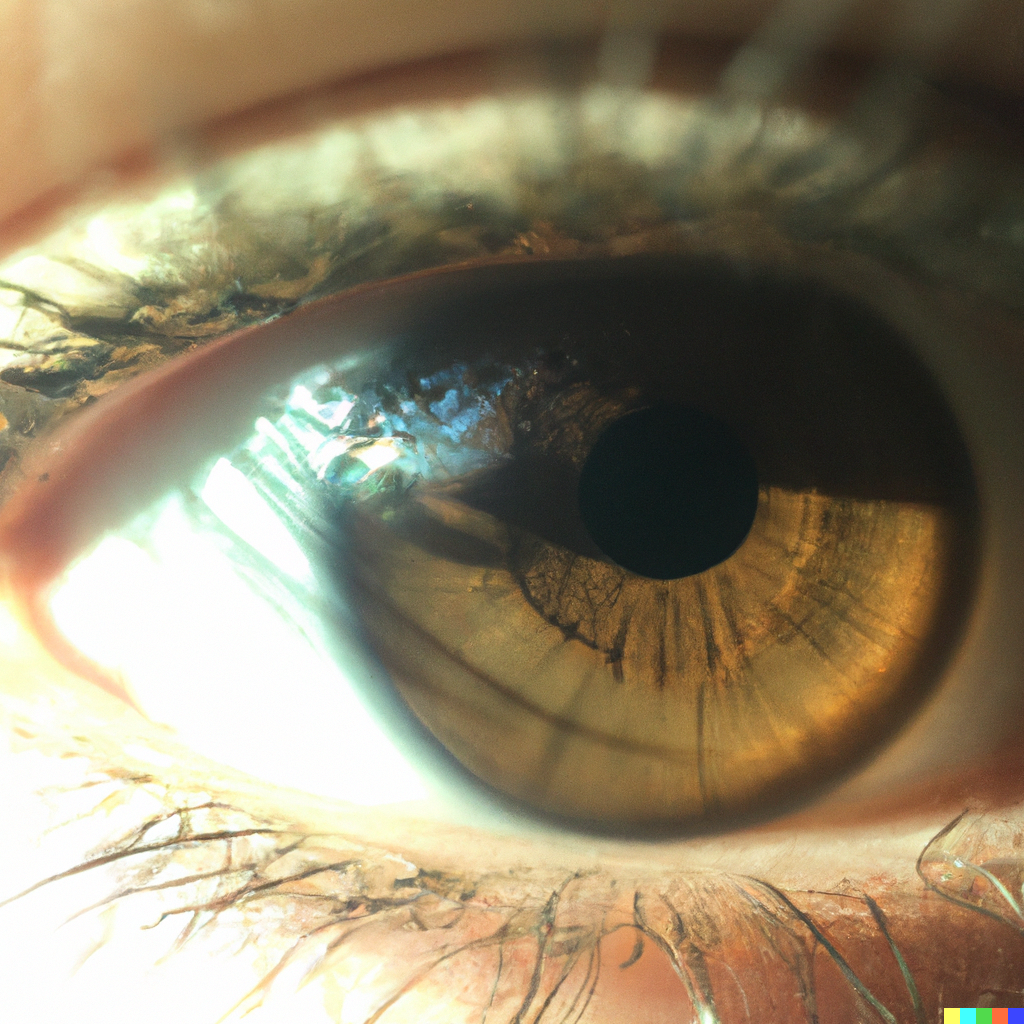Peripheral Vision and Stress Reduction

Peripheral vision plays a role in reducing stress through its connection to the autonomic nervous system and its ability to enhance situational awareness. Here’s how it can help:
Peripheral Vision and Stress Reduction
- Relaxation Response: The peripheral vision is connected to the autonomic nervous system, which controls the body’s involuntary functions like heart rate, digestion, and stress response. When you focus on your peripheral vision, it can activate the “relaxation response,” which is the opposite of the stress-induced “fight or flight” response. This can lead to a decrease in stress hormones and a feeling of calmness.
- Expanding Awareness: Focusing on your peripheral vision can help you expand your awareness beyond just what’s directly in front of you. This wider field of view can give you a sense of openness and connectedness to your environment, making you feel less isolated and more present.
- Reducing Tunnel Vision: Stress often causes a phenomenon called “tunnel vision,” where your focus narrows and you become fixated on a single source of stress. Engaging your peripheral vision can counteract this by broadening your perspective and helping you break out of that narrowed mindset.
- Enhancing Mindfulness: Practicing mindfulness involves being fully present in the moment. Engaging your peripheral vision can be a mindfulness technique, as it encourages you to observe your surroundings without getting caught up in specific details. This can lead to a sense of detachment from your worries and a reduction in stress.
- Improved Safety and Awareness: When your peripheral vision is engaged, you are more aware of your surroundings. This heightened awareness can make you feel safer and less threatened, which can contribute to a reduction in stress. Feeling prepared and aware of potential dangers can alleviate anxiety.
- Stimulating the Parasympathetic Nervous System: Focusing on peripheral vision can stimulate the parasympathetic nervous system, which is responsible for the body’s “rest and digest” response. This activation can counterbalance the effects of the sympathetic nervous system, which triggers the stress response.
It’s worth noting that while peripheral vision can contribute to stress reduction, it might not be a standalone solution for everyone. It can be a helpful tool when combined with other stress-reduction techniques such as deep breathing, meditation, physical activity, and seeking social support.
If you’re interested in utilizing peripheral vision to reduce stress, consider incorporating mindfulness exercises that involve consciously expanding your awareness to include your peripheral surroundings. Keep in mind that individual responses can vary, so it’s essential to find what works best for you personally.


